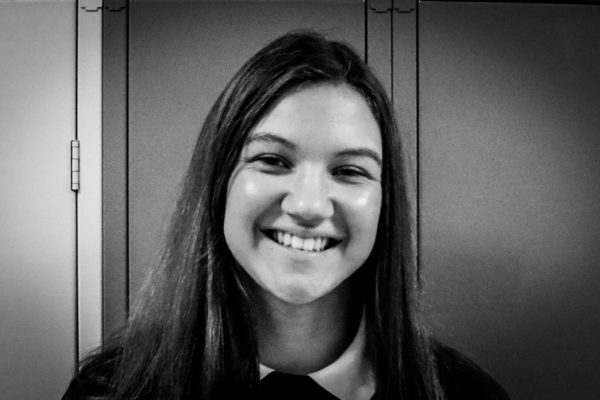For some students, the course registration process will look a little different this year.
Students who met or exceeded state benchmarks on Illinois-mandated tests (IAR, PSAT and SAT) last school year will be enrolled automatically in advanced courses.
The change came as a result of the Illinois State Board of Education’s implementation of Accelerated Placement Act, a legislation that aims toward a more efficient and inclusive academic framework.
But Community department chairs aren’t convinced that the Accelerated Placement Act is the perfect enrichment solution.
The legislation, passed in 2021, aims to maximize students’ development with “challenging but rewarding” experiences, Unit 5’s parent email said.
But, a single test score, teachers are concerned, may not be a strong enough indicator of if students are adequately prepared for that challenge.
In some teachers’ eyes, a solitary test score represents just one component of the broader puzzle when assessing students’ readiness for sustained academic success over the course of a semester or year-long class.
English department chair Mr. Tyler McWhorter believes class placement by test-demonstrated potential is a “well-intentioned” pursuit, but not a permanent solution.
“I think it’s trying to achieve the right goals,” McWhorter said. “What we’re dealing with is making sure it gets implemented in a way that’s best for students.”
Social studies department head Ms. Megan Hawkins said that one of those goals—pulling in capable students who had not previously considered taking advanced courses—could increase class diversity.
Often, Hawkins said, “that idea of AP appears to be exclusive”—and automatic acceleration could potentially aid existing efforts to challenge the misconception.
“We’ve been going out of our way as a department for about five years now,” Hawkins said, “to have conversations with kids who maybe don’t think they’re ‘AP material.’”
Mr. John Bergmann, head of the science department, said that appropriate course placement should rely on teachers communicating directly with their students instead.
“I have more faith in what has been done in the past,” Bergmann said, “where we make a conscious choice to go here or to go there based on what we know about our students.”
Students who perform well on a standardized test in science but don’t wish to pursue a scientific field, Bergmann said, “may want to focus their energy on other things” they are more interested in.
Hawkins said the opposite is also true: Students who are interested in a subject shouldn’t let a low test score bar them from taking advanced classes.
“We’re trying to have conversations with students who maybe don’t have the test scores,” Hawkins said, “but who we think would be great candidates… to still take the course.”
Between students who qualify with test scores and those otherwise promising candidates, Community teachers agree: The Accelerated Placement Act poses logistic challenges.
“The early numbers show that… students would be qualifying or automatically enrolled in honors and AP courses at a rate that we’ve never seen before,” McWhorter said.
For AP U.S. Government alone, the social studies department could go from three sections to ten if all eligible students opted to stay automatically enrolled in the course, Hawkins said.
Increased enrollment on that scale, Bergmann said, could have a direct impact on class performance in the science department.
“Let’s say we have five sections of an honors-level class,” Bergmann said. “If we end up with 10 sections of an honors level class, then the average grades will drop. There’s no question about it.”
But at this stage, it’s difficult to predict the choices students will make—and if growth on this scale is actually imminent.
“We really have no idea exactly what’s going to happen,” Hawkins said, “and that’s the part that’s really hard for us.”
Bergmann said that some students might even choose to “deliberately tank” a test if they realize high performance will automatically enroll them in a more advanced course.
“The state certainly doesn’t want that,” Bergmann said, “and our school doesn’t want that.”
McWhorter shares his concern.
“If students start to get the impression that doing well on a test forces them to take certain courses,” McWhorter said, “it may actually backfire in how they approach those tests.”
The key to preventing intentionally poor performance?
“Communicating very clearly,” McWhorter said, “that this is opening up options for you, but it isn’t making the decision for you.”
McWhorter believes both choices—taking more advanced courses or opting out—can be fully justified.
“I hope the students who will benefit from the opportunity, take the opportunity,” McWhorter said. “And I hope the students who look at that opportunity and say ‘It’s not for me’ know that it’s okay that it’s not for them.”
It’s up to students, Bergmann said, to “realize what their motivations are.”
“Talk to whomever is needed, fill out whatever form… in order to put yourself where you want to be,” Bergmann said. “In the long run, it still comes down to students making a conscious choice.”




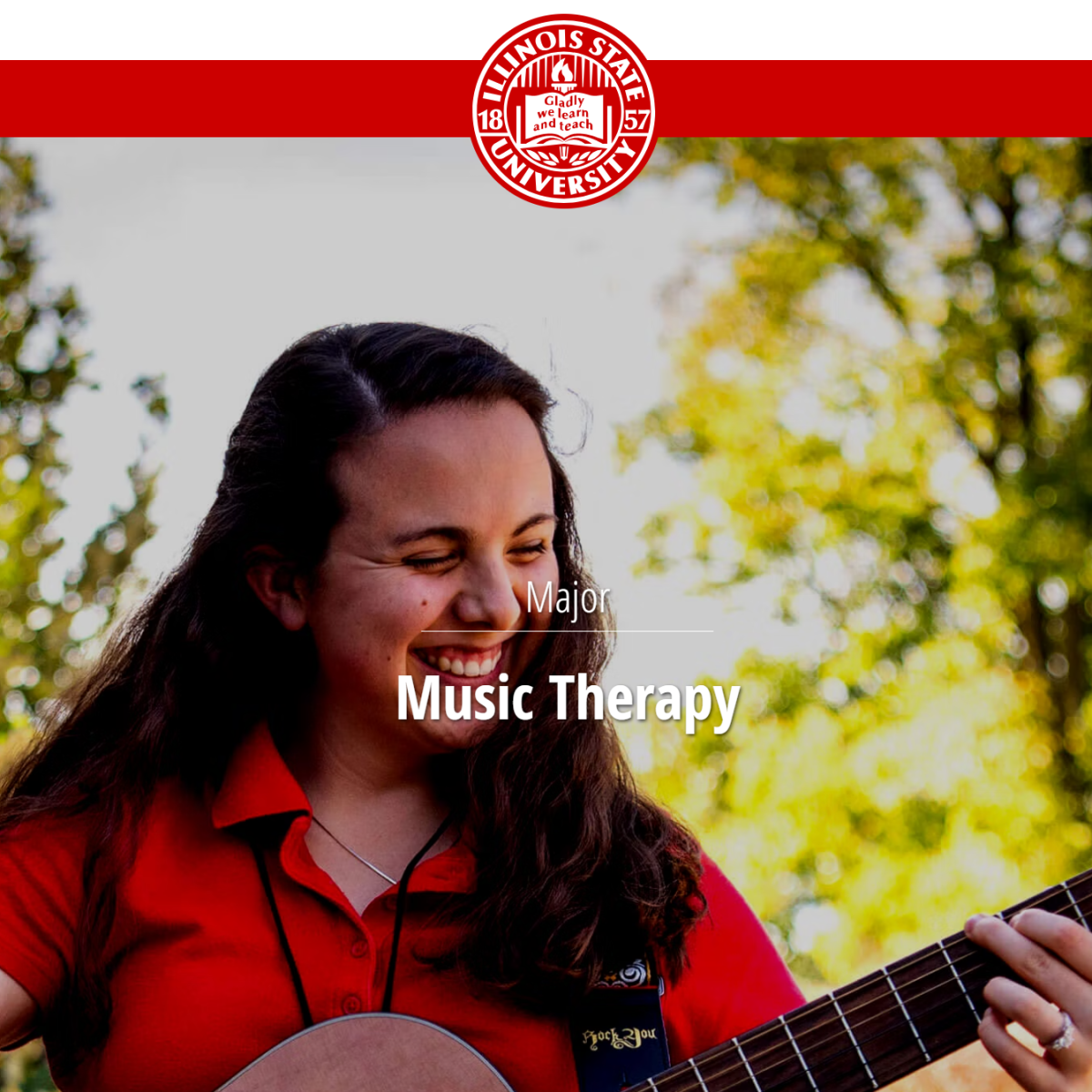

























![Coach Drengwitz on the loss to Mt. Carmel, 2024 season [video]](https://nchsinkspot.com/wp-content/uploads/2024/11/Postseason-presser-feature-1200x800.png)

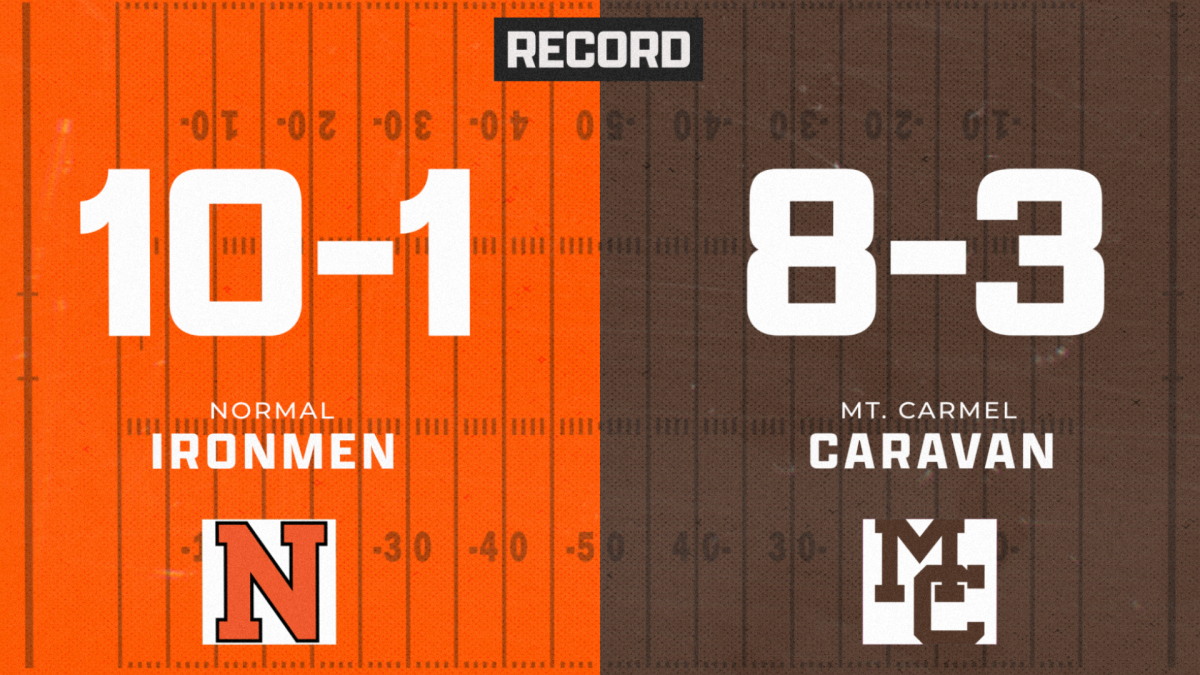
![IHSA 7A Football Playoffs Quarterfinals: Ironmen head coach on facing the Mt. Carmel Caravan [video]](https://nchsinkspot.com/wp-content/uploads/2024/11/0w12-web-feature-1200x800.png)









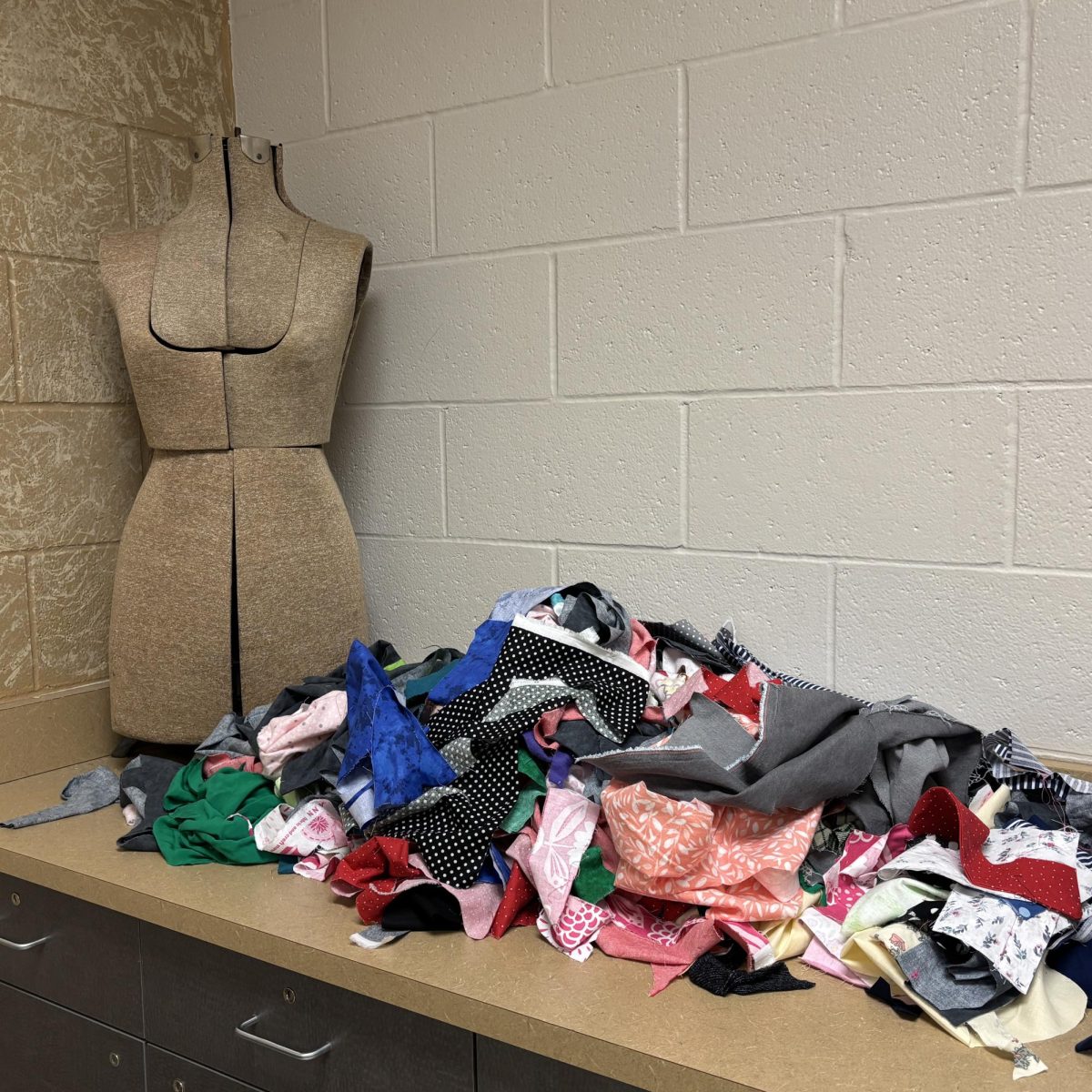



![Halloween candy cross section quiz [quiz]](https://nchsinkspot.com/wp-content/uploads/2022/10/Candy-cover-big-900x675.png)
![Average Jonah? [quiz]](https://nchsinkspot.com/wp-content/uploads/2022/05/average-jonah-900x600.png)






















![Cell phone ban in schools? Community responds to proposed legislation [video]](https://nchsinkspot.com/wp-content/uploads/2025/04/Sequence.00_01_09_19.Still001-1200x675.png)




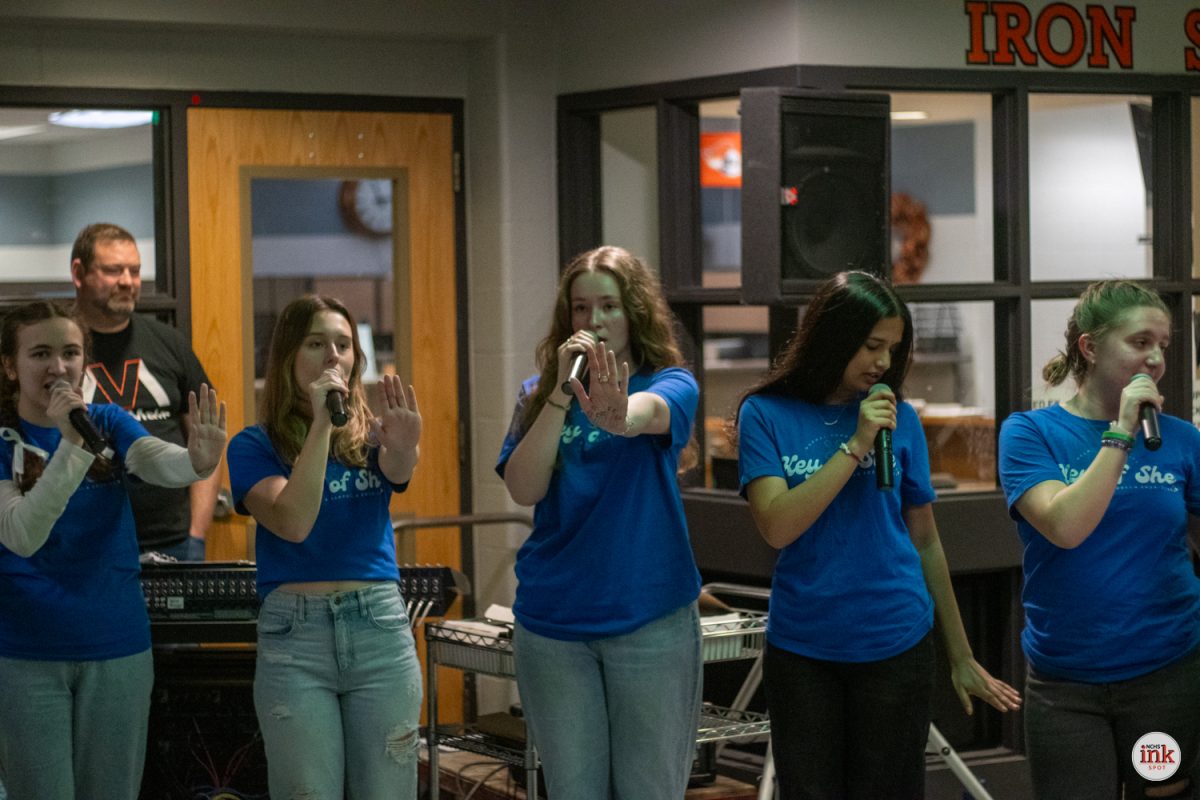
![Ironmen spring sports update: April 9 [video]](https://nchsinkspot.com/wp-content/uploads/2025/04/sports-recap-square-1200x1200.png)

![Ironmen in the hunt: Coach Feeney talks Big 12 Title race ahead of PND matchup [video]](https://nchsinkspot.com/wp-content/uploads/2025/01/feeney-1200x675.png)
![On the Spot: This or That – Halloween [video]](https://nchsinkspot.com/wp-content/uploads/2024/10/tot-Halloween-YT-1200x675.png)
![On the Spot: This or That – Fall favorites [video]](https://nchsinkspot.com/wp-content/uploads/2024/10/ots-fall-web-1200x800.png)
![On the Spot – Teachers tested on 2023’s hottest words [video]](https://nchsinkspot.com/wp-content/uploads/2024/01/On-the-Spot-Teachers-tested-1200x675.png)










